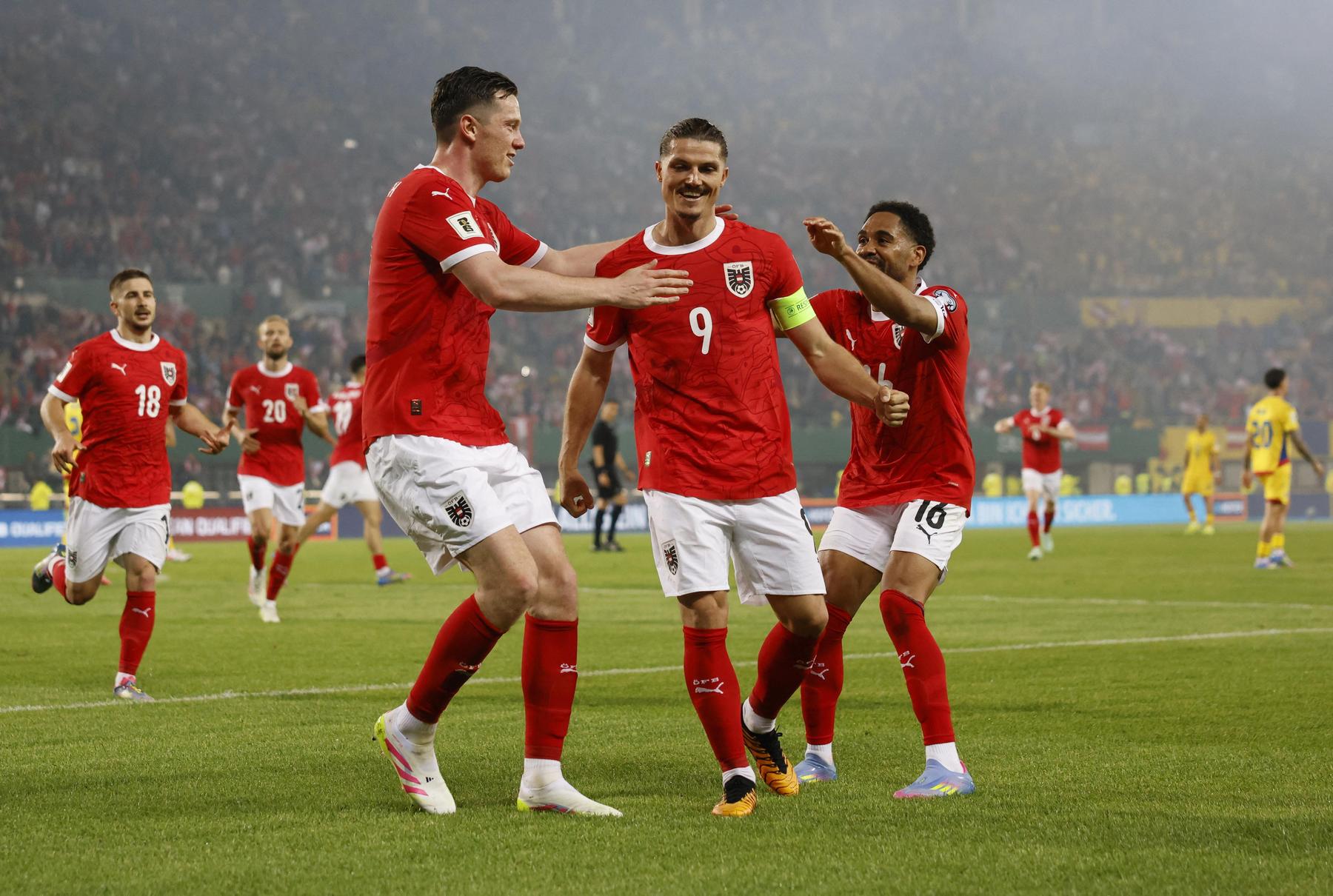Too fat, too thin, too masculine: Bodyshaming in Women’s Sports

In his own words, Sarah Glenn (24) is one Beauty Junkie. The English top cricket star ensures that her nails, hair and makeup tiptop are in order every match. She has been doing that since her teenage she told The Telegraphand all this time she gets comments about it. Why is she so busy with herself? Does she sometimes lack attention?
At first Glenn was surprised, later the anger came. Why can’t she be herself? Does she have to behave less feminine to get rid of those hatefulness? And how should a woman behave? And why is it especially men who read her the lesson?
She put on International Women’s Day A video on TIKTOK, on which she updates her makeup prior to a competition. « It is a mystery to me why men are triggered by sports women who are themselves, » she says dry. « For the girls who are afraid to express themselves: I’m there for you. »
It is reminiscent of the English synchronous swimming players Kate Shortman and Isabelle Thorpe. In the run -up to the 2024 Olympic Games in Paris (where they won silver) they were confronted with trolls on social media. Their shoulders would be too wide, their breasts and buttocks too small. The duo hit back with beautiful underwater photos for The campaign From a lingerie brand. They were worried, they said, that more and more English teenage girls are ignoring sports because of »body issues« .
Glenn, Shortman and Thorpe are not the only sports women who openly speak of the sarcastic, humiliating reactions to their appearance, also known as Bodyshaming. With the increasing popularity of women’s sport, this phenomenon is growing, especially on social media. Women would be too fat, too thin, too much or too little makeup, being too muscular, have too many male characteristics. Even after a great sporting performance, the appearance of the winner in reactions can predominate.
Take the Spanish water polo Paula Leitón, who won Olympic gold in Paris last year with her team. While she jubilated on TV with her teammates, it rained hatenesses on social media. What did « that sea tuard » did on stage there? That couldn’t be a top athlete?
« Maybe people think they hurt me, » said Leitón in an interview. « But I love my body. I use it for a heavy sport that means everything for me. I have won Olympic gold with it. It doesn’t touch me what people say about me. But many girls will be touched by it. Please think about it. »
It is desperately needed that sports women speak, said the English football player Fran Kirby last year In a documentary, Because Bodyshaming brings dangers, not only mentally, but also physically. Fran, one of the outblinkers of the English team, is told so often that she is ‘too fat’ that she is wearing a jacket outside the field to hide her body. Top footballers have to eat enough carbohydrates in addition to healthy food, she says, but they often march with it, because they are afraid of getting ridiculated after a broadcast match. « Scientists do investigate why sports women are reluctant to carbohydrates, but I don’t believe people realize how big the problem is. »
I contacted a foreign athlete who was criticized on social media after she had shared a video on which she prepares for a big competition. She would be too thin, to an eating disorder. Irresponsible that she entered into a physically tough match with such a body was the tenor. « To be honest, I would rather not talk about it, » she wrote back. « It is the only thing that journalists want to talk to me about. Not about my performance or what I mean for my sport. »
You want to highlight a growing problem, I told myself, but by exposing it you force the one who is bothered to identify with the problem. Not everyone is served, and you have to respect that as a journalist. When I write her something of that meaning, I get a heart back.
But there are also sports women who have made Bodyshaming their trademark – and I don’t mean that wrong. Take the American rugby star Ilona Maher. For years she has been getting hateful reactions about her appearance. She would be « too fat », « too male », « not a real top athlete. » She is not afraid to share those hatefulness with her nearly 5 million followers on Instagram and three and a half million followers on TIKTOK. « Words from any man on the internet, » she writes.
« All body types are worth it, » she posted shortly before the Games in Paris, where she won a bronze medal with her team. Equipped with the hashtag #beastbeautybrains, she shares films about the importance of a positive body image. « With that imputable approach, she inspires a lot of young girls, » says psychologist Vanessa Coulbeck, who is researching the body image of girls in the US. « She proves that strong and nicely go well together and encourages her followers to appreciate what their bodies are capable of. »
But sooner or later the attention for the body of sports women will have to shift to their sporting performance, and how they manifest themselves inside and outside their sport, says Coulbeck. « Crucial, » she calls this, because research shows that girls in the US stop exercising and physical activity more often than ever. « An alarming trend, given the mental, social and physical benefits that sport offers. »
Recent research by the Mulier Institute shows that women and girls in the Netherlands work out about as often weekly as men and boys (54 percent compared to 57 percent), but that the membership of almost three-quarters of the sports associations affiliated with NOC-NSF for at least 60 percent consists of men and boys. More than half of the female members of sports clubs have to deal with sexism. The fact that women have been winning more Olympic medals for the Netherlands than men since 1996 does not change that.
More attention to bodyshaming and at the same time attention to the female body. It remains a dilemma.

:format(jpeg):fill(f8f8f8,true)/s3/static.nrc.nl/wp-content/uploads/2022/08/daemen-josette-20220604-1280.png)
/s3/static.nrc.nl/wp-content/uploads/2025/06/07205024/APTOPIX-French-Open-Tennis_68340020.jpg)
/s3/static.nrc.nl/wp-content/uploads/2025/06/07171846/web-0706nws_ozempic-nieuw.jpg)




